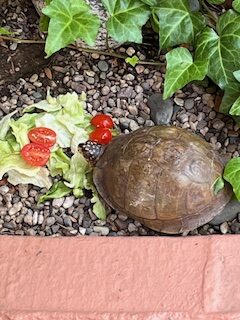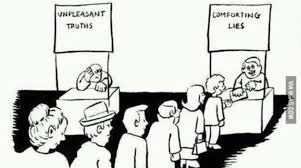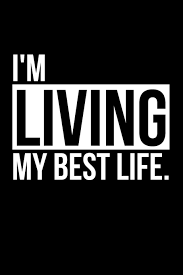How I Got Over.
In the 70’s, Aretha Franklin recorded the song, “How I Got Over”. It declares, in amazement, at the end of each chorus, “My soul looks back and wonders, how I got over.”
2025 was a hard year for me—emotionally, physically, and spiritually. Emotionally, I was daily challenged to understand how to process the hateful rhetoric that was rapidly emerging in our nation. Rhetoric that threatened my personal rights provided by our democratic systems. Physically, my health reflected a decline that sometimes comes with aging. Some were heredity; others were the effect of poor lifestyle choices. Spiritually, the Lord stretched me with people and experiences that challenged my trust and obedience to Him. “Pray for my enemy? Really?”
With that as my backdrop, I now take this opportunity to reflect on the past year and ask, “what have I learned?” Like the Sankofa bird of African folklore, what will I leave behind in 2025 and what will I take with me as I enter this new year.
Learn from Me.
In Matthew 11:28-30, Jesus offers Himself as the remedy to the emotional, physical, and spiritual weight pressing His Disciples and His followers in that day. His offer? “Take My yoke upon you and learn from Me.”
Learn (man-than’-o) means to increase one’s knowledge. It is further defined that the knowledge should be like that of the one teaching it. For the stress of 21st century living, Jesus is the source of all knowledge and understanding. He continues to be “the way, the truth, and the life.” (John 14:6)
As we grow in the knowledge of Christ, the true SOURCE, we are drawn closer to Him, we become more like Him (2 Corinthians 3:18). We learn by becoming single-minded and committed to the things of God. This strengthens our resolve during hard times, resulting in “strength to prevail”.
How do we tap into the power that prevails? It starts with what I call being single-hearted. We are single hearted when we cherish God above all things. Scripture promises that God will come to those who are single hearted. (2 Chronicles 16:9). God gives the strength that prevails to those whose hearts are fully given over to him. (Luke 21:34-35)[1]
What I will leave?
In the tradition of the Sankofa bird, in 2026, what will I leave behind and what will I take with me?
I leave behind those things that hinder me emotionally, physically, and spiritually. The lust of the flesh, the lust of the eyes, and the pride of Life. (1 John 2:15-16, NKJV)
These are listed by the Apostle John as those things that keep us connected to the world. Lust is a powerful and complex emotion, often characterized by intense desire and attraction. They lead us away from our relationship with God.
Lusts keep us tethered to “our flesh” with desires that ultimately corrupt and erode our love for the things of God and the life we have in Christ. Lust holds our soul’s hostage (mind, will, and emotions) by promising things that will never satisfy. Lust will continue to demand more.
What I will take?
I will take with me those things that have served me well. These represent key learnings in 2025. If I had to choose one broad header it would be seeking God and being in His presence. Especially rewarding has been practicing the discipline of silence and solitude.
In those moments where there is an absence of talking, there is the great reward of hearing Jesus speak. It may be through God’s Word that captures my attention during meditation. During moments of submission, I empty myself to make room for God’s Spirit, which becomes divine wisdom for the days ahead.
If I follow my plan for 2026, I pray I will be able to see not only “how I got over” but WHY I got over. It’s not necessarily the WHAT but the WHO!
[1] Resilient, John Elderidge, “The Strength that Prevails”, 51-52













